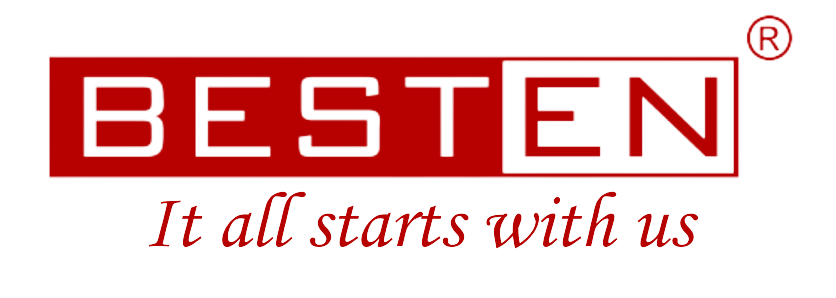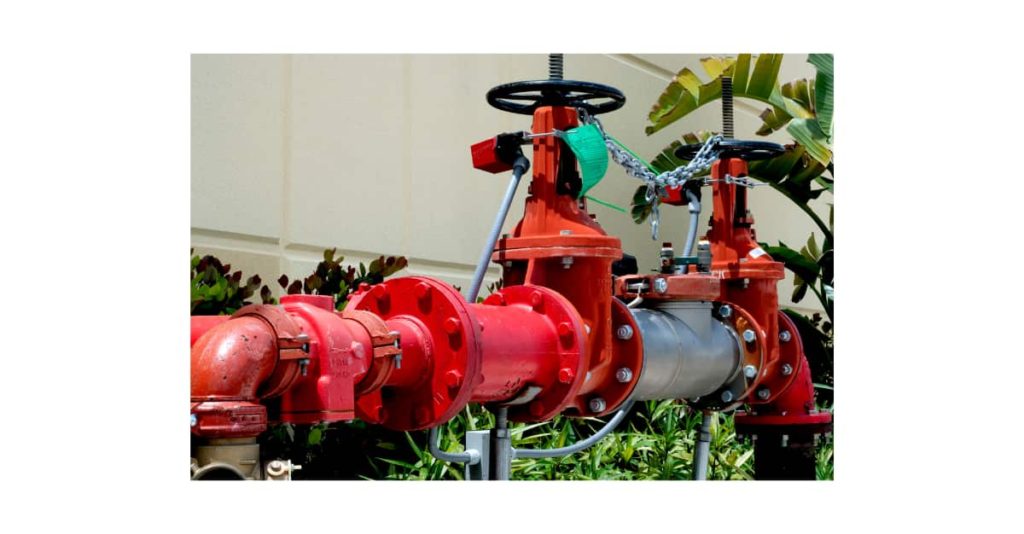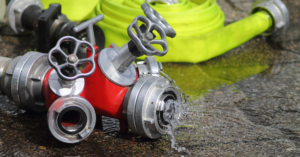What is Fire Risk Management System (FRMS)?
Broadly, Fire Risk Management System (FRMS) is an assessment of the risk at the workplace to find out if there are any fire hazards. Also, the process helps in looking for solutions to mitigate the risks and minimize them.
The fire hazards could result in damage to man or material or both. There could be a loss of life. Even otherwise, there is an impact on the industry in terms of man-hour loss, production loss or even stoppage of production. Hence, the fire safety consultants have a major role in understanding and mitigating the risks.
Why is Fire Risk Management System important?
Any loss of life and property due to fire has the potential to break a business. The fire protection strategies include protecting human resources and the building. Additionally, the strategy should also minimize the interruption in business and speedy recovery from a fire disaster. Therefore, fire protection strategies must go beyond the minimum requirements specified in the building codes and standards.
The fire design consultants study the process and identify appropriate fire safety requirements for the project. Subsequently, the consultant develops appropriate solutions and approaches that integrate various building systems into comprehensive fire protection and life safety package for the industrial project. Thus, fire design consultants have an essential role in any FRMS.
Classes of fire
Typically, the classes of fire are as follows:
- A Class – Class A deals with fires involving solid materials such as wood, paper or textiles.
- B Class – This class deals with fires involving flammable liquids such as petrol, diesel or oils.
- C Class – Fires involving gases are covered under this class
- D Class – Class D deals with fires involving metals.
- E Class – All Fires involving live electrical apparatus come in this class
- F Class – Fires involving cooking oils such as in deep-fat fryers come in Class F
Broadly our MEP design Consultants in Fire Protection Engineering Design Services include the following:
- Fire Pump System Design
- Hydrant System Design
- Standpipe System Design
- Sprinkler System Design
- Water Supply Analysis
- Fire Alarm System Design
- Smoke Management System Design
- Fire Suppression Systems
- Special Suppression Systems
- High Expansion Foam System Design
- Code Consulting
- Occupancy & Fire Hazard Analysis
- Fire Risk Assessment
- Fire and Life Safety Consulting
- Structural Fire Engineering
- System Failure analysis
- Plan Review Services
To conclude, the fire design consultant has to brainstorm with the stakeholders of the project to understand fire risks. Additionally, the consultant has to look for solutions to prevent the risks and minimize the losses. The role of fire safety consultants in FRMS is very essential.













